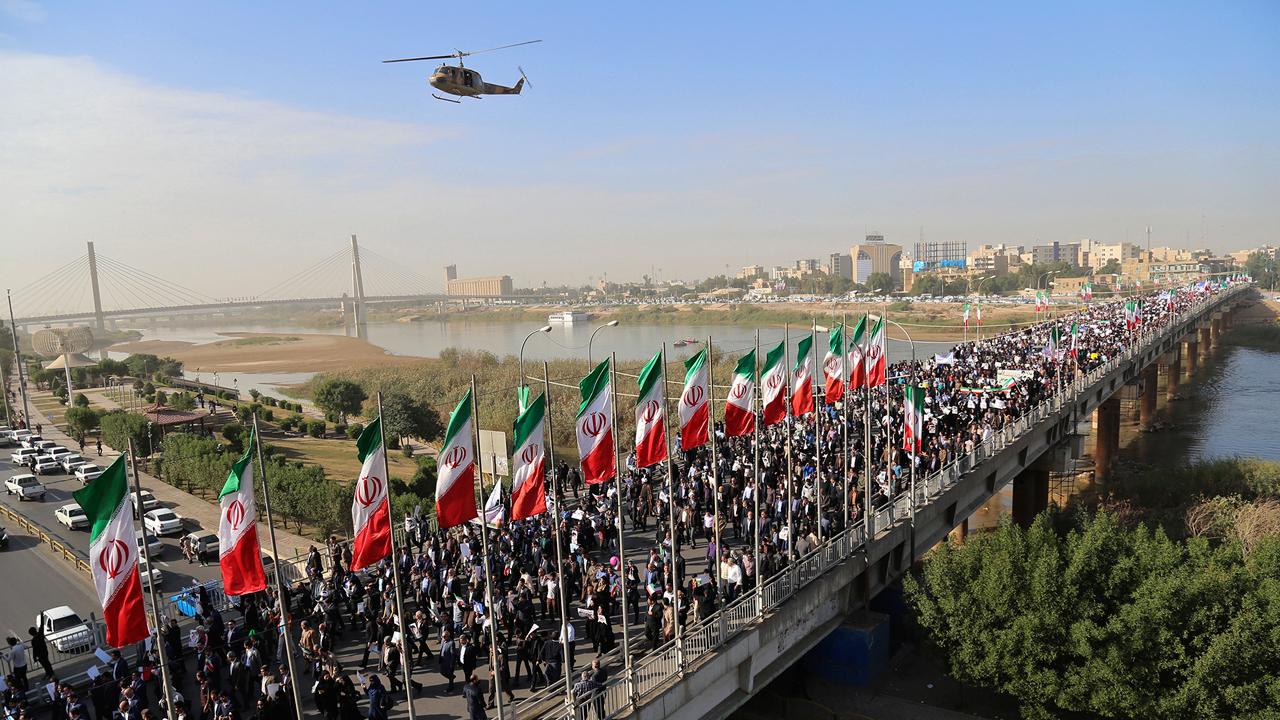Iran says it breached nuclear pact limits on enriched uranium
Iranian Foreign Minister Javad Zarif said Monday the country has breached the 2015 nuclear deal’s limits on enriched uranium, a step that marks its first intentional violation of the accord and could lead to the unraveling of the agreement in the coming months.
Iran’s agreement to a stockpile of 300 kilograms or less was one of the tight restrictions placed on its nuclear work in exchange for a lifting of most international sanctions. Iran says it is disregarding some of the accord’s limits because the U.S. withdrew from the dealand reimposed tight sanctions on Tehran.
With an intentional breach of the accord, Iran’s move increases the pressure on the deal’s remaining signatories—France, the U.K., Germany, Russia and China—to find a way to salvage the agreement. They are seeking ways to keep foreign investment and trade flowing to Iran. However, Europeans have warned they could trigger a lengthy dispute resolution, which could end in the deal’s unraveling if Iran moves further in noncompliance with the agreement.
Iran has said it could begin violating other aspects of the deal later this week, but officials said it may pause such steps if Europe delivers on its pledge to keep alive economic ties with Tehran.
Iranian officials have said they could easily reverse any measures they take that breach the terms of the deal if Europe, Russia and China move to soften the impact of U.S. sanctions. Iran’s move leaves it far off developing a nuclear weapon, giving Europe and the U.S., currently divided over Iran strategy, time to coordinate a response.
President Trump has said Iran must not be allowed to obtain a nuclear weapon and has waged what U.S. officials call a maximum-pressure campaign against the country’s economy, leveling sanctions on the oil industry and top officials and building up its military presence in the Persian Gulf. Mr. Trump said he pulled out of the nuclear deal because it failed to stem Iran’s military moves in the region or prevent it from eventually creating a nuclear weapon.
In response to U.S. pressure, Iran shot down an American surveillance drone near the Strait of Hormuz. The U.S. says Iran also has attacked six tankers in the Gulf of Oman and worked in tandem with sympathetic militias to harass Saudi Arabia with rocket and drone attacks—allegations Iran denies.
CLICK HERE TO GET THE FOX BUSINESS APP
The 2015 deal was structured around a premise that were Iran to exit from the accord, it would need 12 months to produce enough nuclear fuel for a weapon.
Iran has said its nuclear program is peaceful and that it has no intention of building a bomb. In July 2015, Iran’s time frame to produce enough fuel for one weapon was believed to be around two months.
—Aresu Eqbali contributed to this article.
Write to Laurence Norman at laurence.norman@wsj.com




















